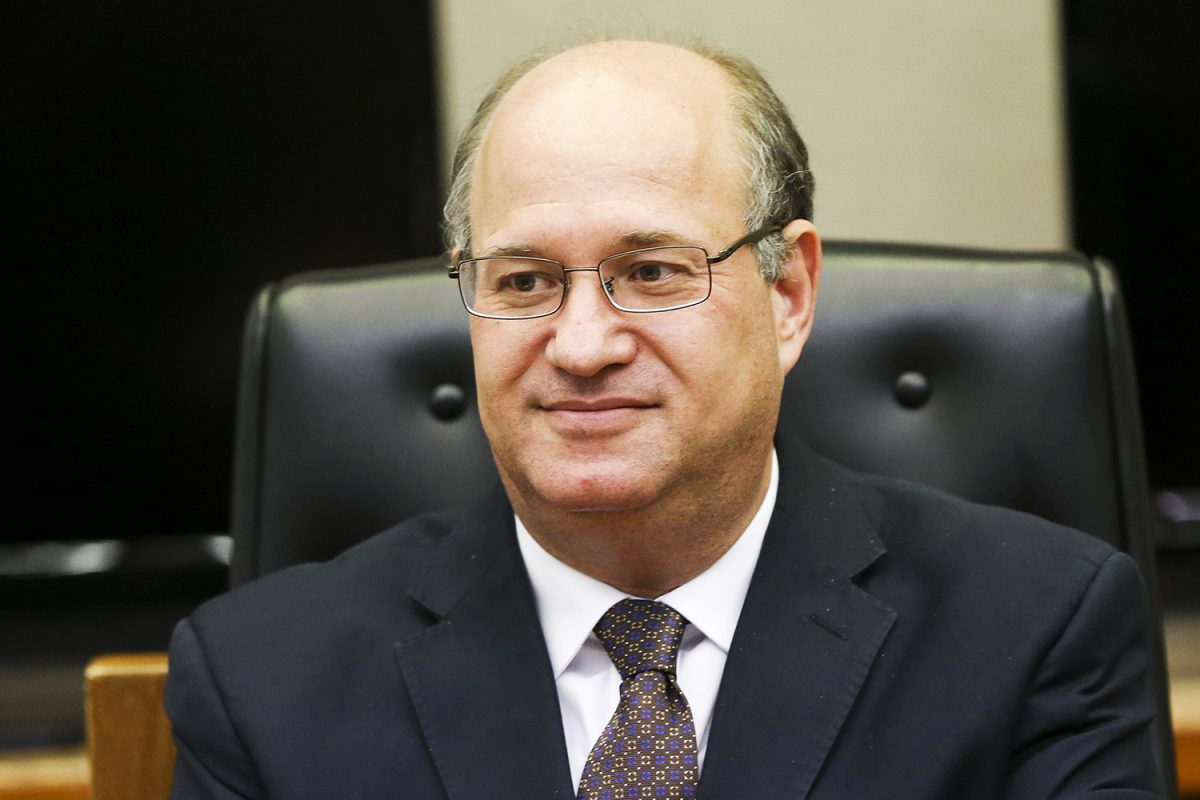The Caribbean has unsurprisingly lost out in its bid to see its nominee assume the highest office at the Inter-American Development Bank (IDB), the single largest contributor to development projects in the region after a former Brazil Central Bank President, Ilan Goldfajn, was elected to the position on Sunday.
The Brazilian was elected to head the bank in the first round at the Board of Governors, which comprises representatives of the countries that make up the bank. With the United States holding 30% of the voting rights, whichever candidate secures Washington’s backing becomes a virtual ‘shoo in’ to head the key development funding agency in the hemisphere. Goldfajn takes office on December 19. He was elected from a field of five nominees from Argentina, Trinidad and Tobago, Mexico, Brazil and Chile.
Nominees for the position are usually functionaries who have served as Finance Ministers or in other high-ranking positions in disciplines related to banking and finance in one or another of its forty-eight member countries. Goldfain will be the first Brazilian to head the Bank. He had previously served as Director of the International Monetary Fund’s (IMF) Western Hemisphere Department charged with relations with member countries in the Americas, an appointment which had positioned him to become familiar with the key state and non-state players in banking and finance in the hemisphere.
The IDB was established in 1959.
Earlier this month the Bank had announced that it had received the nomination of Trinidad and Tobago national Gerard Johnson for the governorship. No Caribbean functionary has ever been elected to the presidency of the IDB. The President of the IDB is elected by the Board of Governors to a five-year term and in order to be elected a candidate must receive favourable votes from IDB member countries representing a majority of total voting power, including an absolute majority of the Governors of the regional members, the borrowing members and Canada and the United States. Washington’s control of almost a third of the voting power means that accession to its presidency is almost impossible without the support of the USA.
Back in 2020, in a flagrant display of its control over the financial institution the US had engineered a break with the tradition of the presidency of the Bank going to a candidate from Latin America, reportedly persuading several Latin American and Caribbean countries to cast their votes for Mauricio Claver-Carone who had been seen as one of the then US President’s political allies. Claver-Carone’s presidency came to an inglorious end. Even before the 2020 presidential elections in America, the Joe Biden campaign objected to Claver-Carone, labelling him as a right-wing ideologue. It was clear that he would have had a hard time finding his way around a Biden-controlled White House with America so critical to the IDB’s functioning. Earlier this year he was removed from office following an investigation that ruled that he had transgressed the Bank’s rules of internal ethics.






